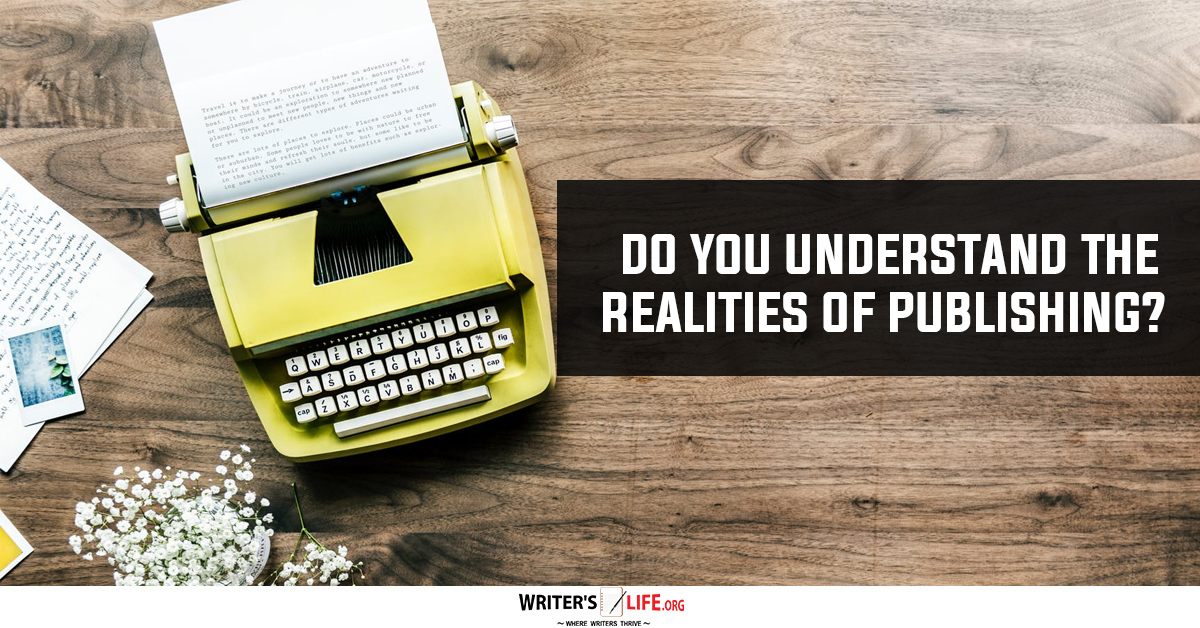- How To Tackle Jealousy In Creative Writing
- Common Submission Mistakes
- How To Stop Your Blog Becoming Boring
- The One Thing Every Successful Writer Has In Common
- How To Make Yourself Aware Of Publishing Scams
- Why Almost ALL Writers Make These Grammar Mistakes At Some Point
- 5 Tips For Authors On How To Deal With Rejection
- Top Mistakes to Avoid When Writing a Novel
- How to Avoid Common New Writer Mistakes
- 10 Mistakes New Fiction Writers Make
Keeping your Web Writing Simple For The Masses

Share, Pin or Retweet If You Love Writing!
In 1964, Richard Hofstadter wrote a Pulitzer-prize-winning book called Anti-Intellectualism in America. This rich, thorough book exposed the thread of anti-intellectualism that runs through the culture of practical America.
For example, even though the founding fathers were sages, scientists, and men of cultivation, the Federalists attacked their curiosity and idealism as too trivial for important affairs.
Did you know there’s a thread of anti-intellectualism running through good web writing and design? In fact, web usability demands mindless writing and design.
Naturally, this makes some people want to vomit. That’s part of reason why I used the word “disgusting” in the headline of this blog post. So let me explain where I’m going with this.
The simple rule of web writing
Web users are mission-minded. Cramped for attention. Bent on standards. And uninterested in learning new navigation methods. What you have to remember is that people don’t go to the web to window shop.
They go there to drive 60 miles per hour — and look at billboards.
Thus, there’s only one good reason why you should learn how to write clear, concise and compelling copy for the web …
To get noticed.
That means when someone arrives on your website home page, blog, or article, they should know immediately what to expect. Everything — even your microcontent — should be simple, succinct and scannable.
Does web writing seem mundane and hard to get into for you? A great part of getting over this is learning how to be organized and expedient with your copywriting and web writing chores. If you lack inspiration and discipline then you might want to try the advice and writing hacks that are suggested in Our Get It Done Writer's Toolkit CLICK HERE! This is a ebook/audio CD comb that can teach you how to brainstorm as well as overcome writer's block and procrastination. It will also help you stay on schedule and meet writing goals so you can finish that project!
Before you write, start here
Many people will find your website through a search engine. That’s where you have to start. At the beginning.
See, the problem is that neither you nor Google can guess — at this point — the motive behind someone who types in a certain keyword phrase.
But you can find someone’s motive. How?
Ask them. If you can’t do that, research.
Also, pay attention to your own behavior when you search.
What does a typical searcher do when the results don’t please him? He narrows his search.
This is how you need to think. You need to think like a searcher. You’ll not only discover what type of headline to write, but also, fundamentally, what type of clear and simple article to write.
Down the slippery slope
But don’t stop there. Write all copy — each word, sentence and paragraph — so it’s immediately clear, concise, and compelling.
Think of your headline as nothing more than a slide to get people to your first sentence. Your first sentence as the slide to get people to the second sentence. And so on.
This means you need to avoid cleverly ambiguous headlines. Subtitles that don’t push the ball forward. Cutesy sentences.
You might say that’s so boring.
Think about this:
Nobody wants to speculate about how to start a lawnmower. All they want to do is cut the grass … Let them cut it.
When you can break this rule
So, while anti-intellectualism is a dangerous and dirty word in some circles, on the web it’s permissible. For most content, you actually don’t want to make people think.
Make it simple and self-evident.
But, utility and creativity can mesh. When?
When it’s useful.
You don’t want a surgeon to be creative when he’s removing your daughter’s appendix … unless it will save her life.
In short, if a creative writing technique is useful to the reader (think metaphors and analogies) then use it.
Otherwise, stick to simple.
Are you a beginner who would like to be a full-time writer? If so you might find The Get Paid to Write Course CLICK HERE! that Writers Life offers to be invaluable as it will teach you how to become a skilled, sought-after freelancer who makes a great living.
'This article by Demian Farnworth was originally published as The Disgustingly Simple rule for Web Writing That's Often Hard to Swallow at http://www.copyblogger.com/simple-web-writing/





























